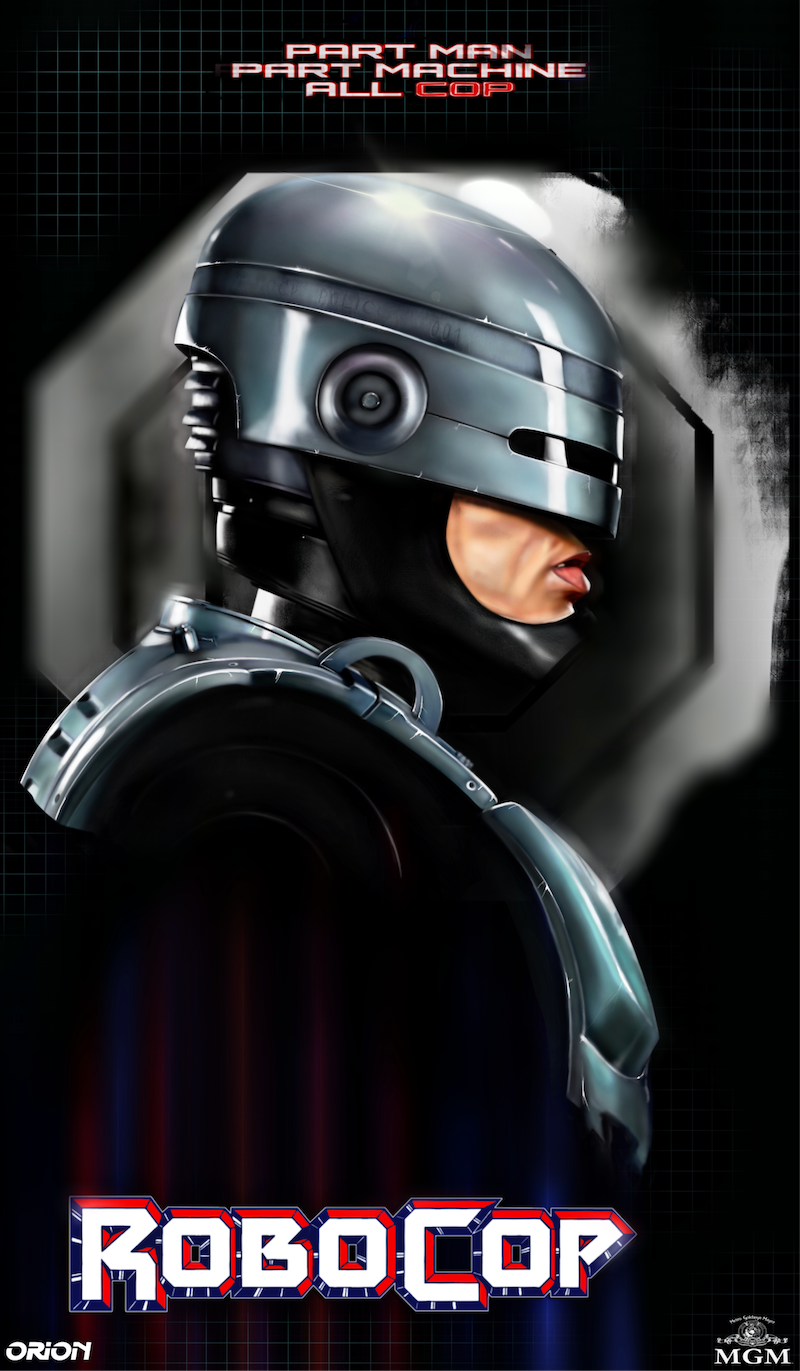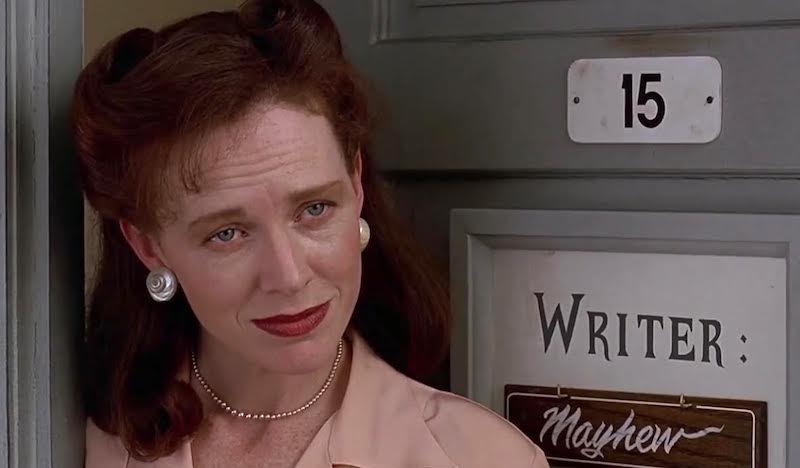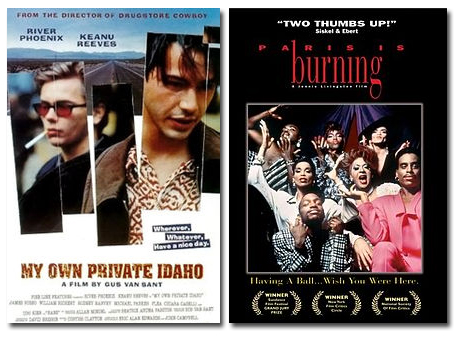How Had I Never Seen, 1987 Special: ROBOCOP
 Saturday, November 14, 2020 at 10:00PM
Saturday, November 14, 2020 at 10:00PM By Lynn Lee (with special guest Jeff Chen)
 Until recently, I’d never seen RoboCop, Paul Verhoeven’s 1987 sci-fi classic about a viciously murdered cop who’s resurrected as a cyborg supercop. I was too young to see it when it first came out and didn’t get around to it when I was older, partly because I’d heard it was gruesomely violent. However, I learned it had passionate fans that included some very astute critics. Among them is Jeff Chen, former writer for ReelTalk Movie Reviews and a fellow alum of the dearly departed online critics’ group Cinemarati (through which I met both him and TFE’s very own Nathaniel), who ranks RoboCop as his favorite movie. As part of TFE’s 1987 retrospective, I finally saw RoboCop and invited Jeff to discuss my reactions as a first-time viewer and how the movie has remained in our cultural consciousness for over 30 years.
Until recently, I’d never seen RoboCop, Paul Verhoeven’s 1987 sci-fi classic about a viciously murdered cop who’s resurrected as a cyborg supercop. I was too young to see it when it first came out and didn’t get around to it when I was older, partly because I’d heard it was gruesomely violent. However, I learned it had passionate fans that included some very astute critics. Among them is Jeff Chen, former writer for ReelTalk Movie Reviews and a fellow alum of the dearly departed online critics’ group Cinemarati (through which I met both him and TFE’s very own Nathaniel), who ranks RoboCop as his favorite movie. As part of TFE’s 1987 retrospective, I finally saw RoboCop and invited Jeff to discuss my reactions as a first-time viewer and how the movie has remained in our cultural consciousness for over 30 years.
JEFF: RoboCop is indeed my favorite movie. A lot of that has to do with timing. I was already an avid movie watcher as a teenager, but I’d been mostly watching PG or (the new, at the time) PG-13 movies. I was 15 when I went to my best friend’s house and he put on a VHS copy of RoboCop. And I was traumatized and exhilarated...






